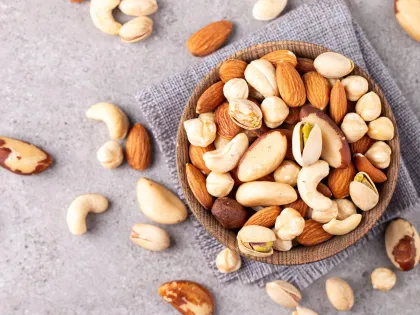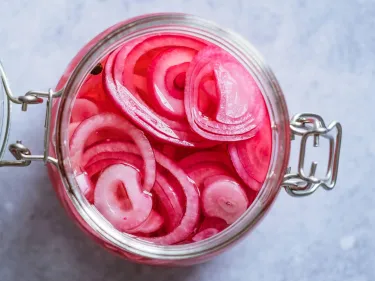Craving comfort food? Check out our Winter Warmers eBook!

Ever wondered why as soon as the cold change comes through you start craving warm hearty meals, hot soups and carby goodness? Well, there’s actually a bit of science behind it!
One of the reasons is that when we eat, it triggers feelings of happiness. This is due to the production of serotonin and dopamine, chemical messengers that communicate between the gut and the brain and trigger the happy feeling. Serotonin and dopamine are also produced when we do other things such as exercising or spending time in the sun. Because we generally do these activities less in the winter time, we often seek this rush through food instead.
Reaching for comfort foods can also be driven by our emotions. Many of us experience lower moods during winter compared with other seasons, and eating is a common coping strategy as a way to boost your mood.
We may also reach for particular foods in winter that remind us of our childhood and the foods our parents and grandparents would serve. This is a way of modelling the behaviours we observed growing up, and doing this as an adult can surface positive memories and emotions.
Comfort foods are also often home cooked - and as we’ve touched on previously, cooking really can improve your mood! Research shows that cooking and sharing meals with others makes us happy, and by cooking meals at home we tend to make healthier choices than when we eat out.
Winter is the perfect time to whip out all of the classic comfort foods, home cooking, warm soups and nostalgic recipes that remind us of cooking with Nanna.
Considering the last two winters have been spent in and out of lockdown, many of us are craving comfort foods and spending more time in the kitchen while we learn to manage our ‘new normal’.













